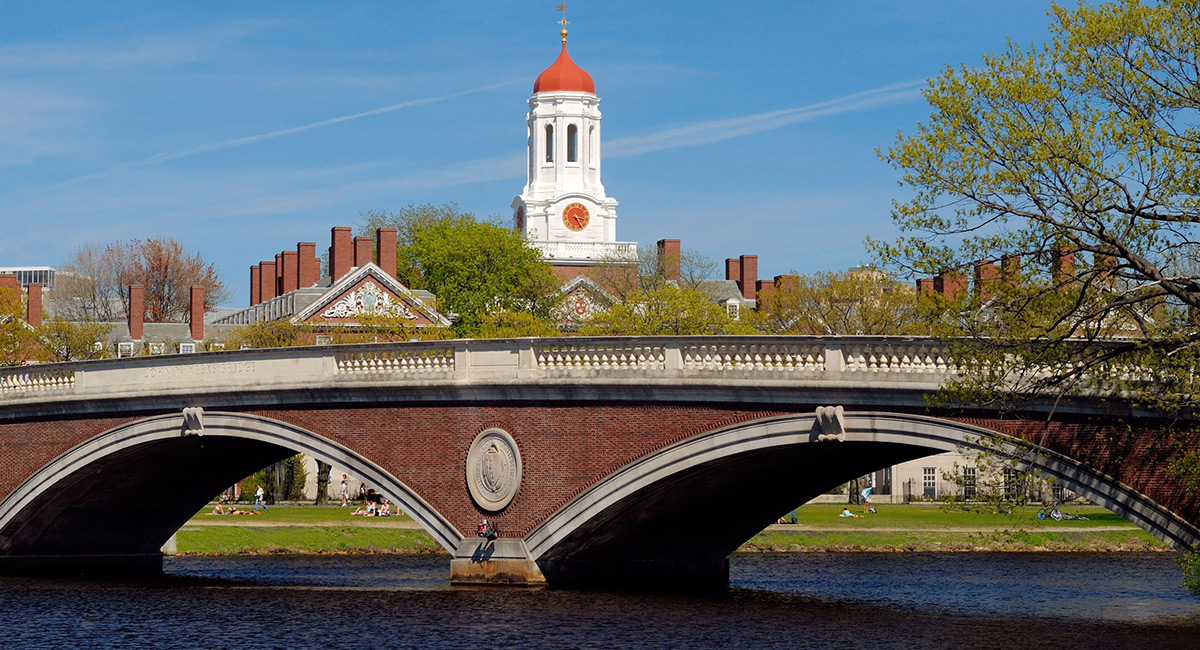As I begin my third year as a Forbes contributor, I am doing something new, writing a sequel to my last epistle—on the COVID-19 outbreak. First, however, let me relate how the last week has had a revolutionary impact at my rather typical school, Ohio University.
A couple weeks ago, the faculty at my university were furious at potential significant budget and staffing reductions resulting from declining enrollments and rumors that non-instructional/research units were only going to be lightly affected. To add to the intrigue and drama, the provost, ostensibly the university’s second-highest-ranked individual, was eased out of his job with almost no notice.
Fast forward to now. Traditional classes have been canceled for the rest of the year and the faculty have been forced to move without any preparation to online instruction. Students have been told they are only to return to campus from spring break to retrieve their possessions. They were told they will see some rebates on their room and board fees, but how much is not yet determined. This is happening all over the country, from Harvard in the East to Stanford in the West. At the University of Texas, the first COVID-19 positive test came not from a student but from the wife of the president of the university. At the national level, President Trump has already announced sharp reductions in interest charges on student loans (many held by individuals long out of school).
Universities struggle with change. They lack information often on key metrics. How much are students learning? Which majors are most productive for society? Are the marginal benefits of the fourth year of undergraduate training so low that we should move to three-year bachelor’s degrees? Moreover, the incentive structure does not favor big change. Highly successful private business entrepreneurs and employees get huge financial rewards, and unsuccessful ones often lose their jobs. That seldom happens in higher ed. Also, there is a resistance to innovation—why learn to teach online when I enjoy face-to-face student interaction, and no one is forcing me to change?
Adding to the problem are enormous fixed costs in higher education. A large number of employees have legally enforceable lifetime employment contracts. A campus Edifice Complex and over-exuberant expectations of growth have led to significant indebtedness at some schools.
Right now, the short and intermediate-term impact on the current health crisis seems extremely negative. Orderly learning is disrupted, budgets are thrown out of whack, admissions projections for next fall become murky: will kids gone from campus for prolonged periods doing online learning bother to return? Schools on the margin fiscally might even be pushed into closing, a big and somewhat perverse dose of what the late Clayton Christensen called “disruptive innovation.”
The residential schools are perhaps hardest hit. They run massive food and lodging operations in addition to delivering educational services. Will kids sent home now, perhaps in their freshman or sophomore years, return next fall? Parents might say, “we don’t want you living in a dormitory with a strange kid and possibly contracting a disease. We want you home.” Students might lose some of their attachment to their new community of friends in fraternities, and in activities like sports or band, etc.
Yet, remember, this is America, for heaven sakes! We excel in conquering adversity, from the time George Washington and his motley band of citizen soldiers persevered at Valley Forge, to attacks on the World Trade Center early in this century. How did universities survive World War II? Enrollments dropped dramatically nationally. Universities downsized, and used their facilities to aid and train soldiers. That lasted for years. Presumably this current health threat will be shorter-lived. Old ways can change: as Rahm Emmanuel said, “Never let a serious crisis go to waste.” Force innovation: online replacement of class instruction is obvious, but as reader Dr. Douglas Oliver of the University of Toledo has suggested, go further. For example, have residential universities sell dorms, pay off related indebtedness, use surplus cash to get through the current crisis, but be barred from getting back into a business they don’t belong in, namely housing students.













